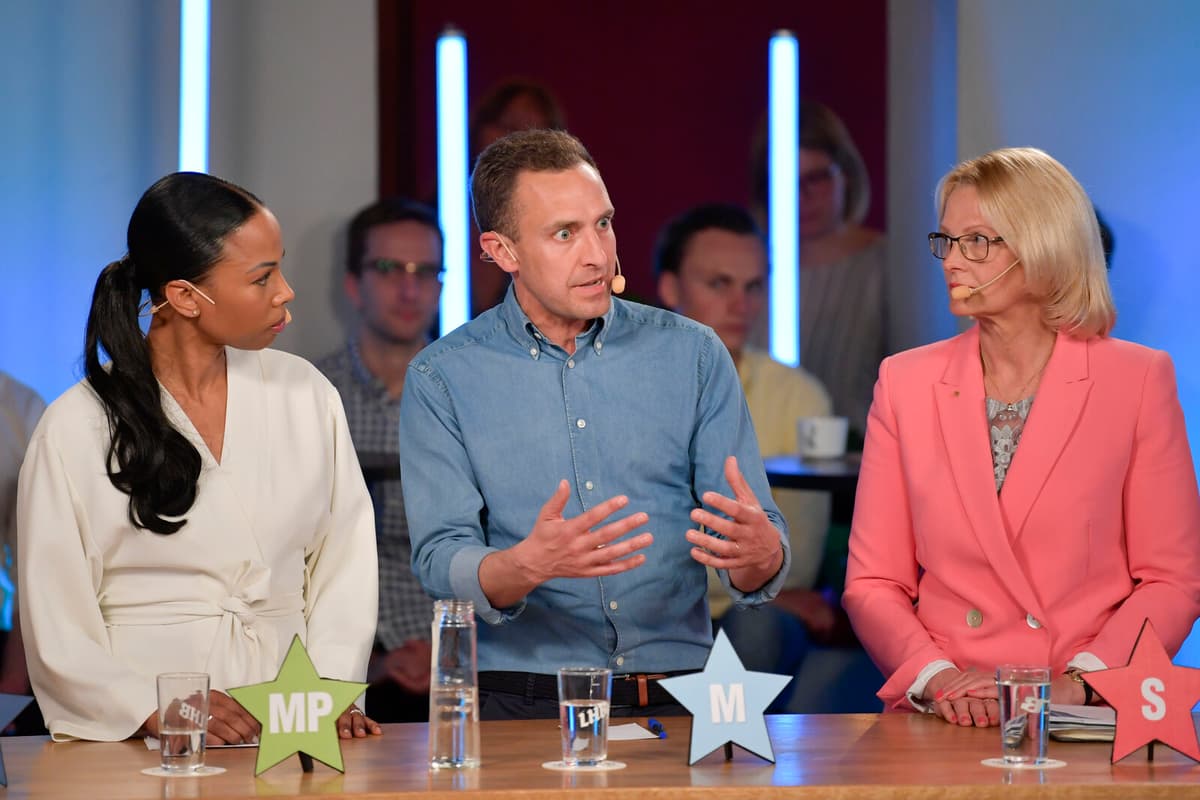Despite harsh words against each other, the European Parliament's three traditional centrist groups have chosen to jointly approve all proposed members of the next EU Commission, regardless of party affiliation and how they performed in their committee hearings.
We must ensure that we solve problems related to migration and crime and ensure that we can create more jobs in Europe. That's what citizens want. They don't want this constant political game between party groups all the time, says Tomas Tobé (The Moderate Party) about last week's agreement between the conservative EPP, social democratic S&D, and liberal RE.
Shaky majority
The unity is, however, shaky. Several of the conservative and social democratic parties in the party groups are bitter enemies in their respective home countries.
EPP has also shown that it is willing to build majorities with party groups to the right of the traditional right-wing.
This cooperation has already been dubbed a "Venezuela majority", since it was first used to push through a critical resolution against the ruling powers in Venezuela.
We will never back down from standing up for our own policy. Sometimes it may result in a majority supported by right-wing parties, notes Tobé – although he also promises to "show respect" for S&D.
"Too bloody"
The distrust among EU social democrats is, however, clear.
I am deeply worried about what I see. If we get the development we've seen in Sweden, where you hook up with the far-right, it will be devastating, says Heléne Fritzon (The Social Democratic Party).
Among the Greens – who were not included in the centrist agreement – Alice Bah Kuhnke (Green party) talks about "horse-trading" and "too bloody". She fears that EPP will turn to the right in much of climate policy.
It will be five years of hollowing out what is truly important, she says at a press conference in the European Parliament.
Right-wing cooperation?
At the same time, the parties to the right of the right-wing are not satisfied either, even though the centrist agreement allowed both the ECR party group and the Hungarian-dominated PFE to get their commissioners through. The Sweden Democrats call EPP's agreement "left-wing babble" and think that the conservatives should have turned to their side instead.
It's time for EPP to realize that there is a new majority that we can push through a different political direction with, says Charlie Weimers (The Sweden Democrats).
The three traditional centrist groups – the Christian democratic conservative EPP, social democratic S&D, and liberal RE – have a total of 401 out of 720 members in the European Parliament.
A majority can also be created if EPP turns to groups further to the right, such as ECR and PFE, either with liberal RE or the far-right group ESN.
On the other hand, no left-wing majority can be formed by S&D, the Greens, and the Left, regardless of whether they get liberal RE on board or not.






